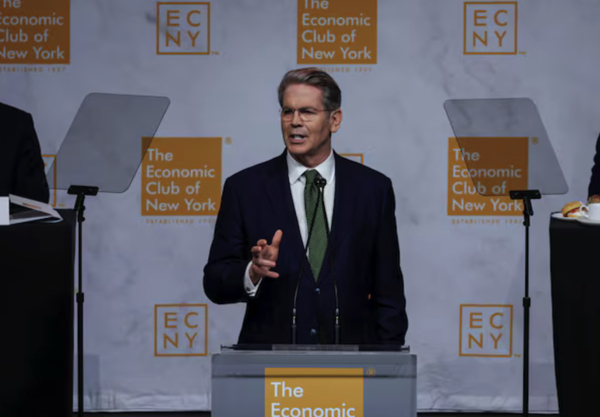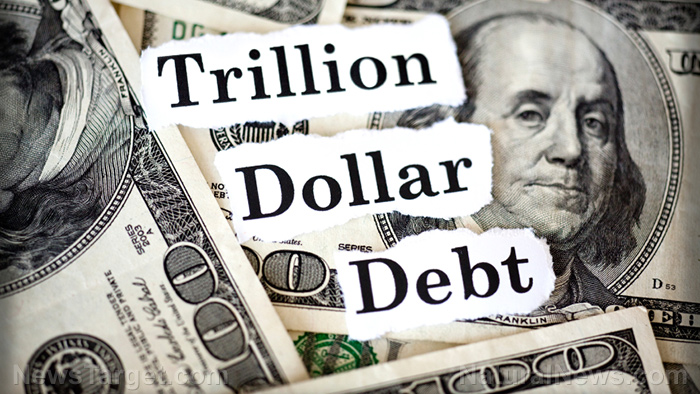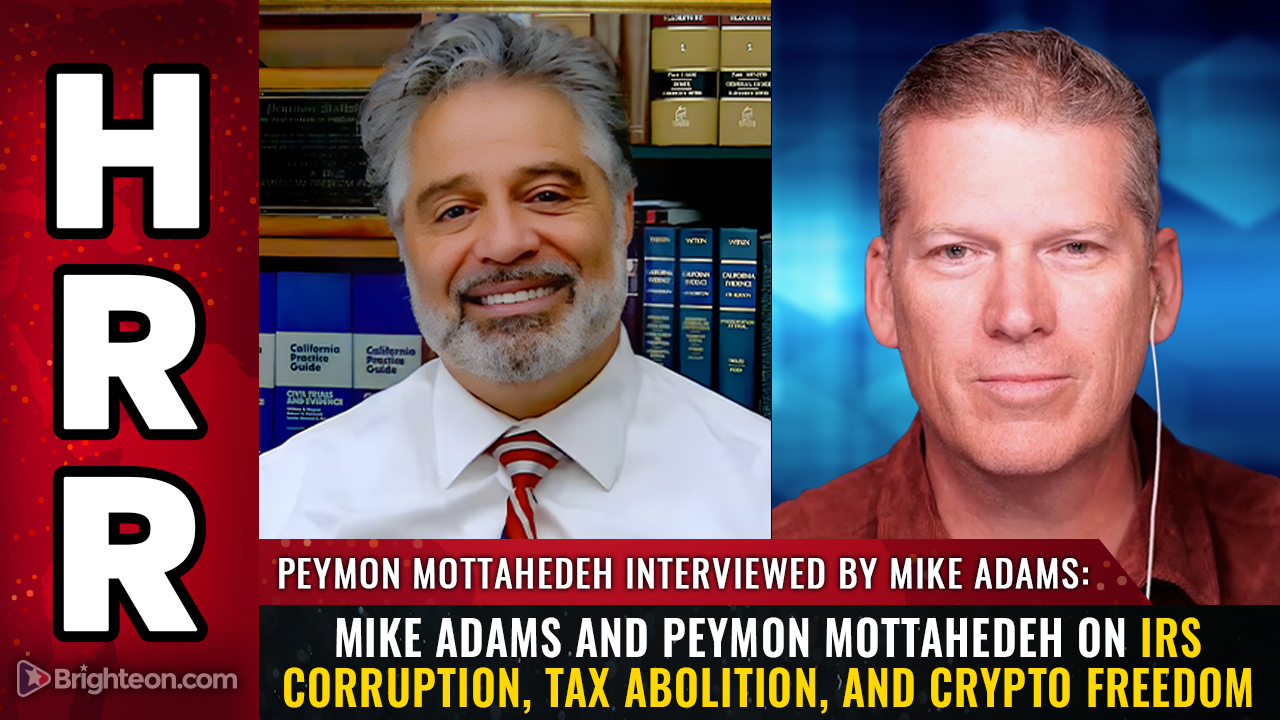Germany’s Chancellor Merz warns: Welfare state is no longer financially viable
08/27/2025 / By Willow Tohi

German Chancellor Friedrich Merz has issued a stark warning about the financial sustainability of the country’s welfare state, calling for a fundamental reassessment of the benefits system. This comes as Germany’s economy continues to struggle, with GDP contracting for the second consecutive year. The chancellor’s remarks, made at a state-level party conference of the Christian Democratic Union (CDU) in Lower Saxony, underscore the growing concern over the financial burden of social welfare spending and the need for reform.
Key points summary:
- Germany’s GDP contracted by 0.2 percent in 2024 and 0.3 percent in 2023, marking the first time since the early 2000s that the economy has shrunk for two consecutive years.
- Welfare spending hit a record €47 billion in 2024 and is expected to rise further, driven by an aging population and rising unemployment.
- Merz’s call for welfare reform has set the stage for potential conflict with his coalition partners, the Social Democrats (SPD).
- High energy prices, elevated interest rates and a shortage of skilled labor are contributing to Germany’s economic struggles.
- Both the CDU and SPD are taking a more hardline stance on migration, aligning with growing far-right sentiment.
The economic crisis deepens
Germany, once the economic powerhouse of Europe, has seen its economy slow dramatically since 2017. The country’s GDP has grown by only 1.6 percent since then, compared to 9.5 percent for the rest of the Eurozone. The economic downturn has been exacerbated by several factors, including high energy prices, elevated interest rates, influx of migrants and a shortage of skilled labor. Industrial production has also declined, with GDP dropping by 0.3 percent in the second quarter of 2025.
The welfare state under pressure
The financial strain on Germany’s welfare state has become increasingly apparent. Welfare spending hit a record €47 billion last year and is expected to rise further this year as the population ages and unemployment increases. Despite most benefit recipients being German citizens, a significant share are non-German citizens. The chancellor’s warning that the welfare state is no longer financially sustainable has sparked debate about the need for reform and potential cuts to social benefits.
Political implications and coalition dynamics
Merz’s call for welfare reform has the potential to create friction with his coalition partners, the SPD. The SPD has traditionally seen itself as the defender of the welfare state and is likely to resist major cuts, especially given the party’s declining vote share in the last election. Vice Chancellor Lars Klingbeil has suggested that no option is off the table, including tax increases on high-income earners to plug the budget gap.
However, the CDU has ruled out any additional burden on small and medium-sized businesses. Chancellor Merz emphasized that there will be no increase in income tax for these enterprises, a stance that aligns with the party’s traditional voter base. The chancellor’s comments can be seen as a nod to traditional CDU voters and those who have turned to the far-right Alternative for Germany (AfD).
Migration and the economic impact
The coalition’s more hardline approach on migration has also been a point of contention. Both the CDU and SPD have called for Germany to increase its ability to detain migrants pending deportation and to expand a list of safe countries that migrants could be returned to. This stance follows a new study by the German Economic Institute that linked migration to a decline in German school performance after 2015. The coalition’s migration policy has aligned with an uptick in support for the far-right AfD.
A path forward for Germany
Chancellor Friedrich Merz’s warning about the unsustainability of Germany’s welfare state and the need for reform marks a critical moment for the country. As Germany grapples with economic challenges and political tensions, the path forward will require tough decisions and cooperation between coalition partners. The coming months will likely see intense debates and negotiations, with the ultimate goal of ensuring the financial stability and long-term sustainability of Germany’s social welfare system.
Sources for this article include:
Submit a correction >>
Tagged Under:
big government, Bubble, chaos, Collapse, debt bomb, debt collapse, economic riot, economy, education systems, finance riot, Friedrich Merz, Germany, government debt, market crash, migrants, money supply, panic, pensions, risk, socialism, welfare
This article may contain statements that reflect the opinion of the author
RECENT NEWS & ARTICLES
COPYRIGHT © 2018 GOVERNMENTDEBT.NEWS
All content posted on this site is protected under Free Speech. GovernmentDebt.news is not responsible for content written by contributing authors. The information on this site is provided for educational and entertainment purposes only. It is not intended as a substitute for professional advice of any kind. GovernmentDebt.news assumes no responsibility for the use or misuse of this material. All trademarks, registered trademarks and service marks mentioned on this site are the property of their respective owners.




















